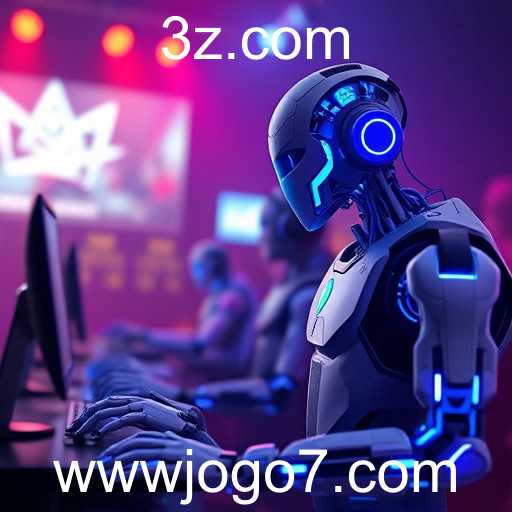Exploring how AI is reshaping the competitive landscape of esports.
The esports industry continues to evolve rapidly, and 2025 has proven to be a pivotal year with the introduction of AI players changing the dynamics of competitive gaming. Major esports titles are now seeing incorporations of AI competitors that challenge human players, leading to a dramatic shift in how games are perceived and played.
A prominent player on this new stage is jogo7, which has integrated AI seamlessly into its platform, offering new challenges to players and transforming strategic approaches within the game. This shift not only excites the dedicated community but also sparks debates on fairness and the future of human involvement in gaming.
Industry experts suggest that the rise of AI in esports is only in its infancy. As these artificial challengers become more sophisticated, developers and players alike are finding themselves adapting to new patterns and strategies. This adjustment period is critical as the market for AI-assisted gaming is estimated to burgeon, possibly doubling its current value by 2030.
However, this trend also comes with its share of challenges. Regulatory bodies and tournament organizers are diligently working to ensure that the integration of AI does not overshadow human skills that have defined esports for years. As such, rules and guidelines are being established to maintain a level playing field, keeping the human element front and center in competitive scenarios.
In online gaming forums, the community remains active, discussing potential game meta shifts and the ethical implications of AI involvement. Many players are optimistic, seeing AI not just as a challenger but also as a tool for enhancing personal gameplay through advanced data analysis and feedback.
Looking ahead, the relationship between AI and human players in gaming will likely continue to deepen, offering new possibilities and potentially redefining competitive esports in ways yet to be fully imagined.




